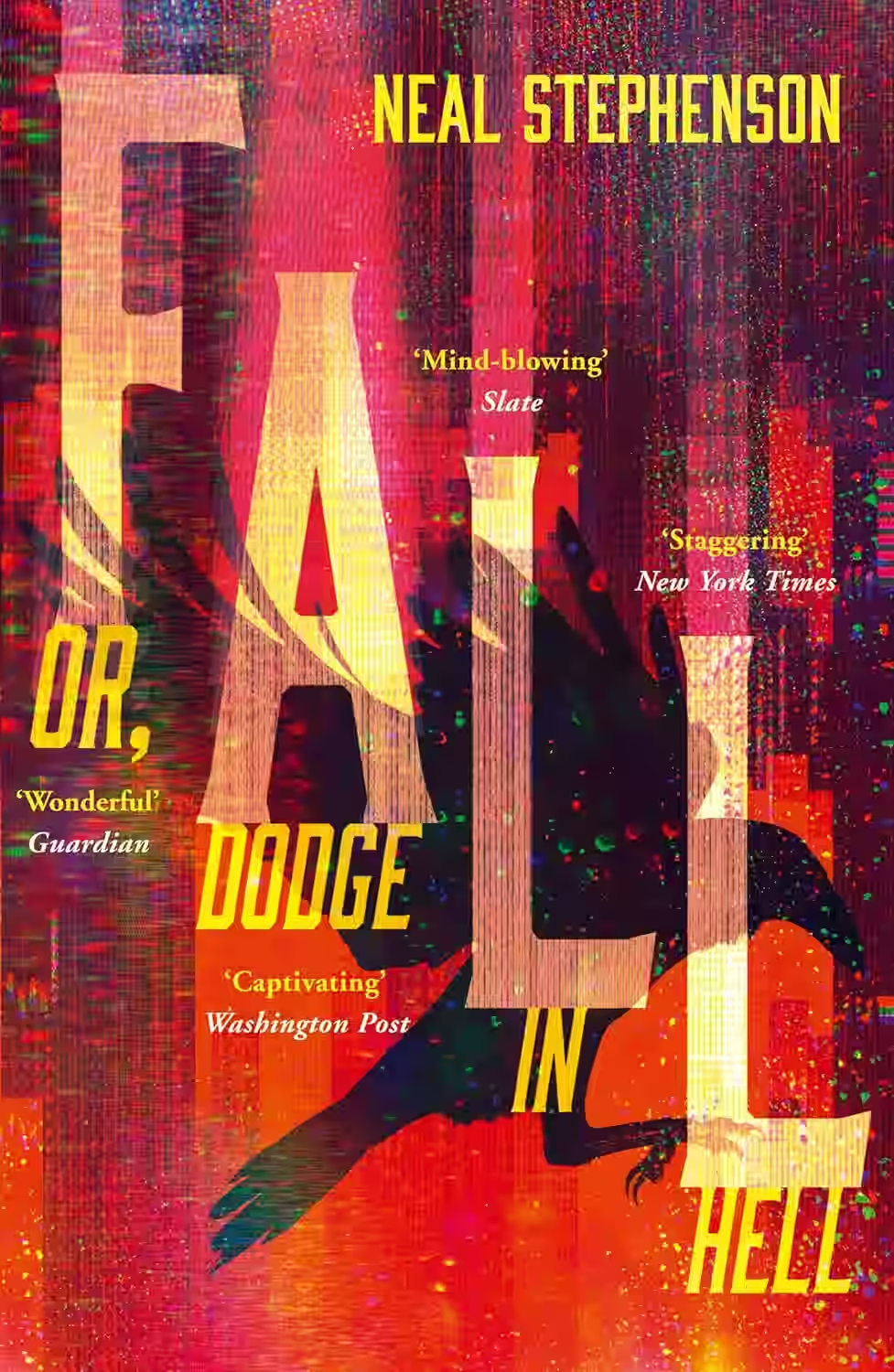
‘Fall; Or, Dodge in Hell’ by Neal Stephenson is a thought-provoking exploration of digital afterlife, the evolution of technology, and the human spirit’s quest for immortality. This ambitious novel begins with the sudden death of Richard 'Dodge' Forthrast, a tech billionaire who finds himself in a digital realm created through his company’s pioneering advancements in brain mapping and resurrection technology. As Dodge navigates this constructed universe dubbed 'Bitworld,' moral, ethical, and philosophical boundaries blur between life, death, and the nature of existence. Themes of consciousness, religion, and societal evolution interweave with a richly detailed narrative that challenges perception and sparks intellectual engagement, making it a significant contribution to science fiction literature.
About Neal Stephenson
An American author known for his ambitious and intellectually stimulating science fiction novels that often blend history, cryptography, philosophy, and technological speculation. Works like Snow Crash and Anathem are characterized by their complex plots, detailed world-building, and exploration of profound ideas. Stephenson's imaginative and thought-provoking storytelling has made him a significant figure in contemporary science fiction.
Other Books by Neal Stephenson
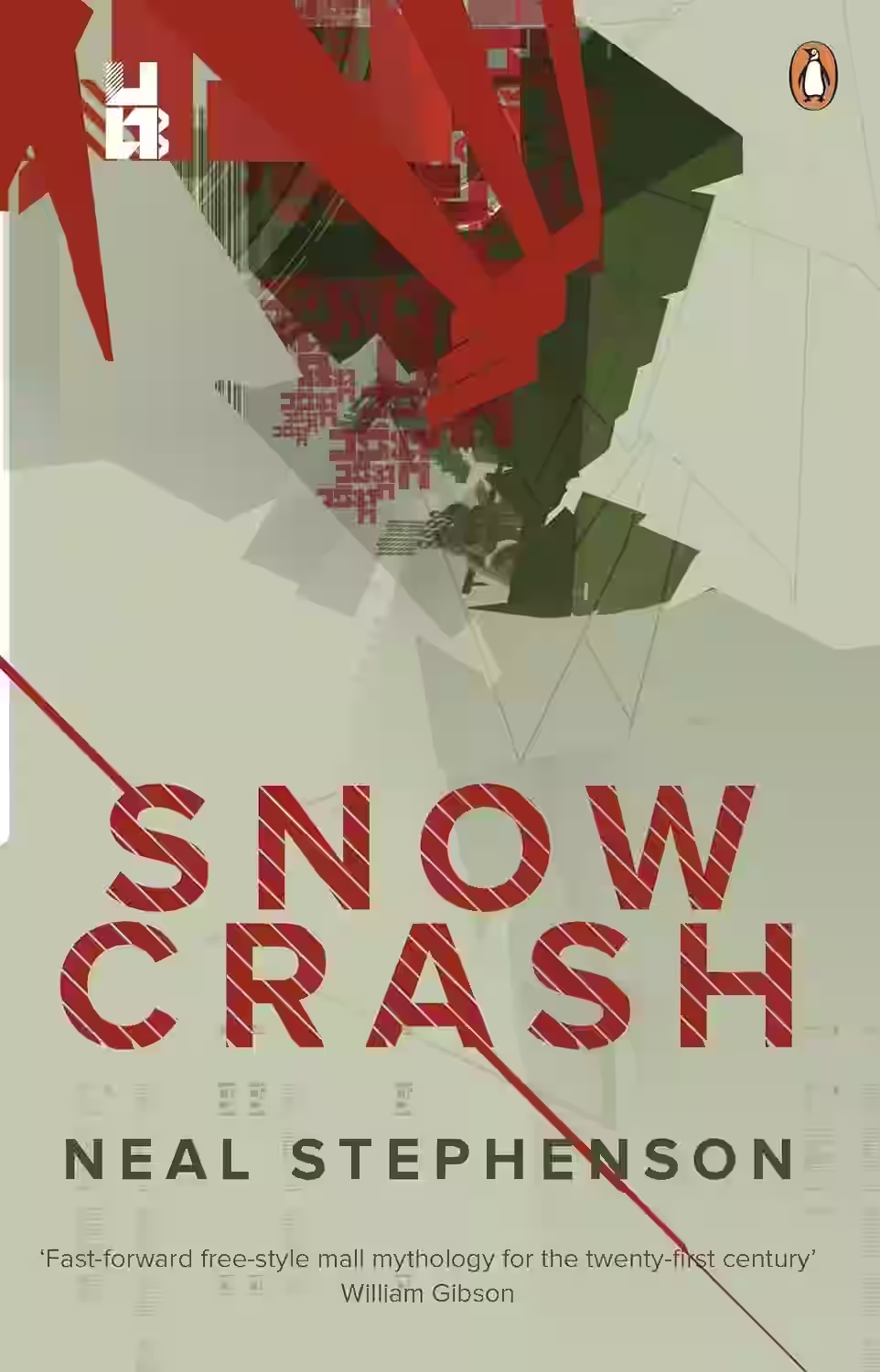
Snow Crash
After the Internet, what came next? Enter the Metaverse - cyberspace home to avatars and software daemons, where anything and just about everything goes. Newly available on the Street - the Metaverse's main drag - is Snow Crash, a cyberdrug. Trouble is Snow Crash is also a computer virus - and something more. Because once taken it infects the person behind the avatar. Snow Crash bleeds into reality. Which is really bad news for Hiro - freelance hacker and the Metaverse's best swordfighter (he wrote the code) - and Y. T. - skateboard kourier, street imp and mouthy teenage girl - because reality was shitty enough before someone started messing with it. Exploring linguistics, religion, computer science, politics, philosophy, cryptography and the future of pizza delivery, Snow Crash is a riveting, brake-neck adventure into the fast-approaching future.

Seveneves
In Neal Stephenson's captivating sci-fi novel 'Seveneves,' the moon shatters into pieces, threatening life on Earth with catastrophic consequences. As humanity races against time to ensure survival, the story follows the struggles and ingenuity of a diverse group of individuals striving to preserve the future of the human race. Stephenson intricately weaves together themes of hope, resilience, genetic engineering, and human evolution, creating a thought-provoking narrative that extends over centuries. With its meticulous world-building, complex characters, and compelling exploration of space colonization, 'Seveneves' is a thrilling and imaginative epic that challenges perceptions of humanity's place in the universe.
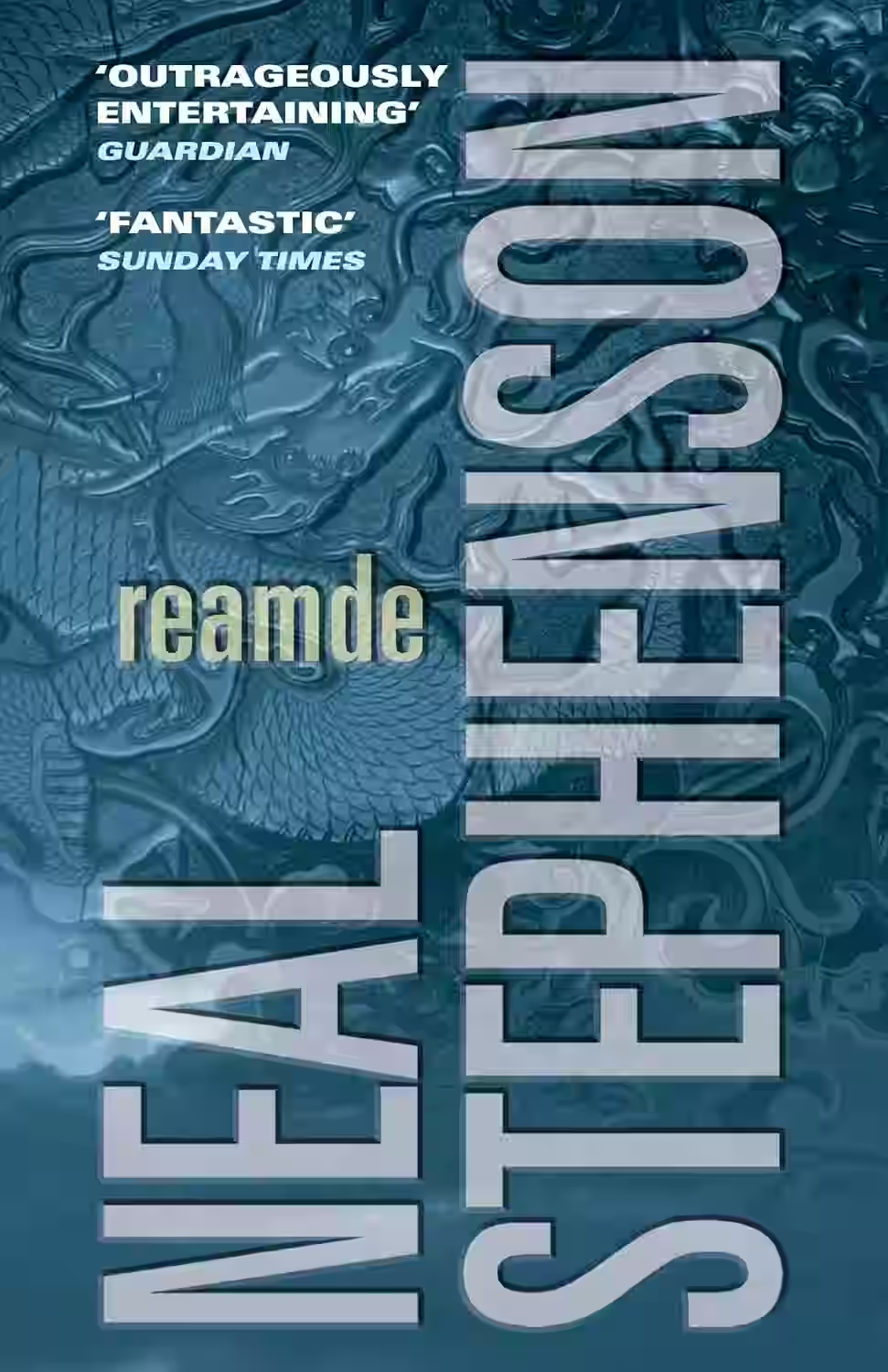
Reamde
In "Reamde" by Neal Stephenson, readers are thrust into a complex narrative that intertwines the digital and real worlds through a fast-paced thriller. Set against the backdrop of an online game called T’Rain, the story follows Richard Forthrast, a gaming mogul whose virtual landscape gets tangled in a sophisticated piece of ransomware, Reamde. This malware attracts the attention of various global factions, drawing players, spies, and criminals into a globe-trotting saga of intrigue and deception. Stephenson explores themes of cyber-security, identity, and the blurry line between entertainment and reality, all while offering sharp insights into global economics. With its intricate plotting and vast array of characters, "Reamde" is both a technological adventure and a deep dive into cultural collisions. It showcases Stephenson's ability to blend high-octane action with intellectual rigor, making it a compelling read for fans of tech-heavy thrillers.
Similar Books
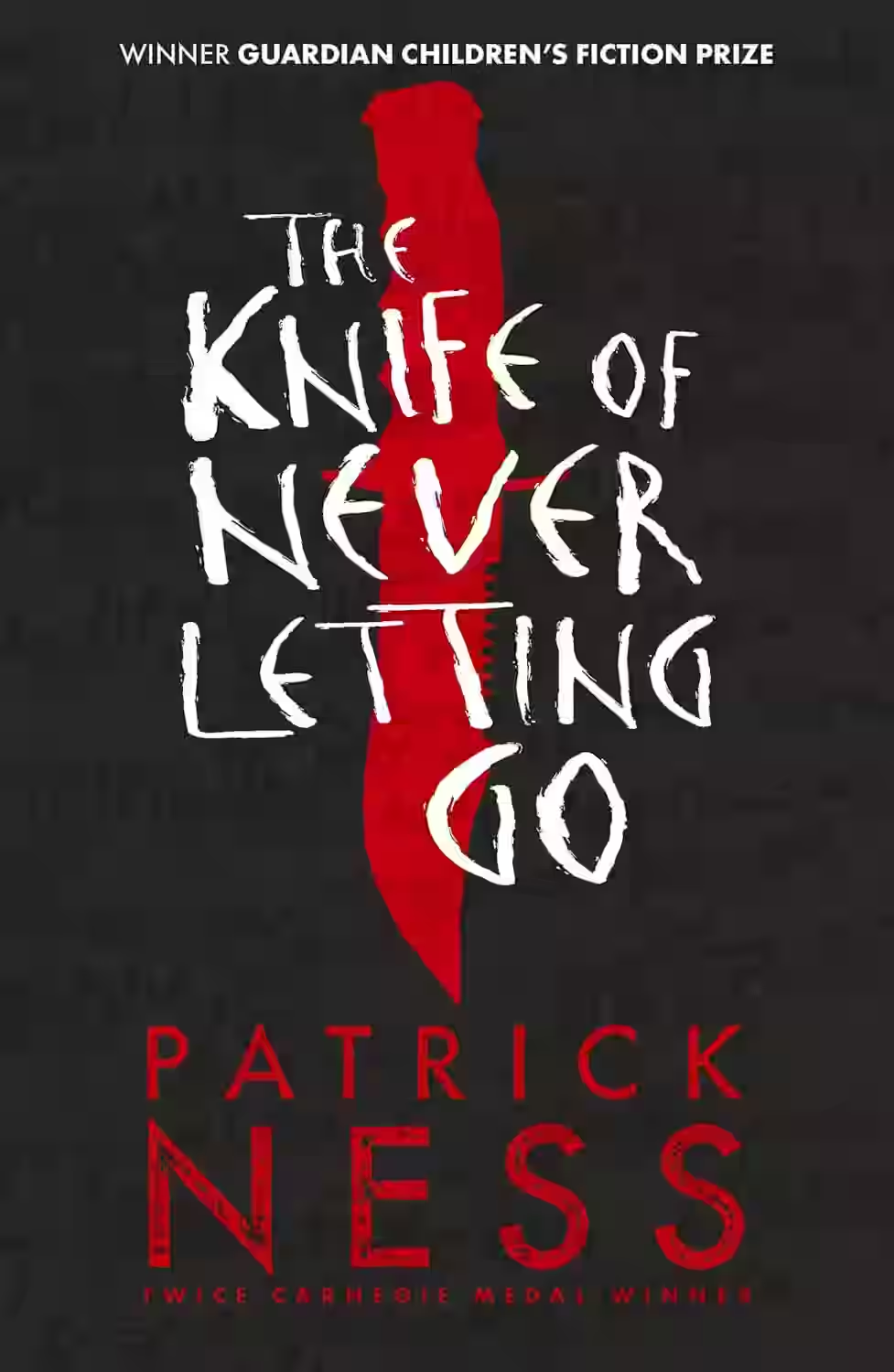
The Knife of Never Letting Go
by Patrick Ness
Series: Chaos Walking (#1)
Set in a dystopian world where every living creature can hear each other's thoughts in a constant, chaotic stream called Noise, 'The Knife of Never Letting Go' follows young Todd Hewitt as he discovers a chilling secret that sends him on the run from his seemingly utopian society. As Todd navigates this cluttered world with his loyal dog Manchee, he confronts themes of adolescence, identity, and the oppressive nature of secrets. Patrick Ness crafts a gripping narrative that explores masculinity, the perils of ignorance, and the complicated path to maturity in a novel packed with suspense and emotional depth.
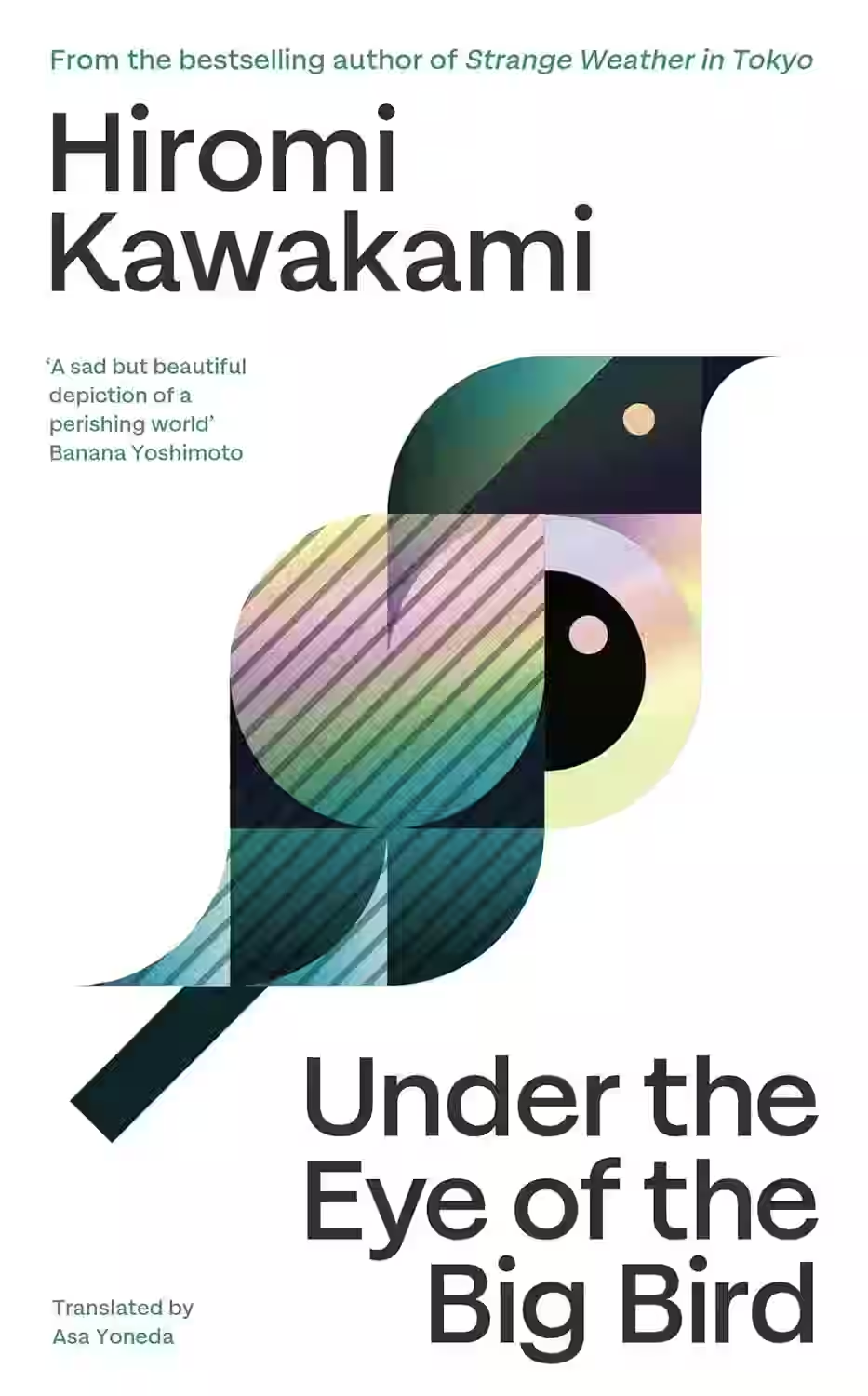
Under the Eye of the Big Bird
Hiromi Kawakami's "Under the Eye of the Big Bird" is a speculative fiction novel that imagines humanity on the brink of extinction in a distant future. Shortlisted for the International Booker Prize 2025, it unfolds over geological eons through a series of interconnected vignettes. In this future, humans live in small, isolated tribes, often overseen by AI entities known as "Mothers." Kawakami explores diverse forms of humanity and reproduction, with some children created in factories from animal cells, and others sustaining themselves like plants. The novel delves into profound questions about what it means to be human, examining themes of evolution, survival, love, connection, and the intricate relationship between humanity and technology. It's a meditative and unsettling vision of a faltering world, yet it also touches upon the resilience and enduring, if flawed, nature of human beings.
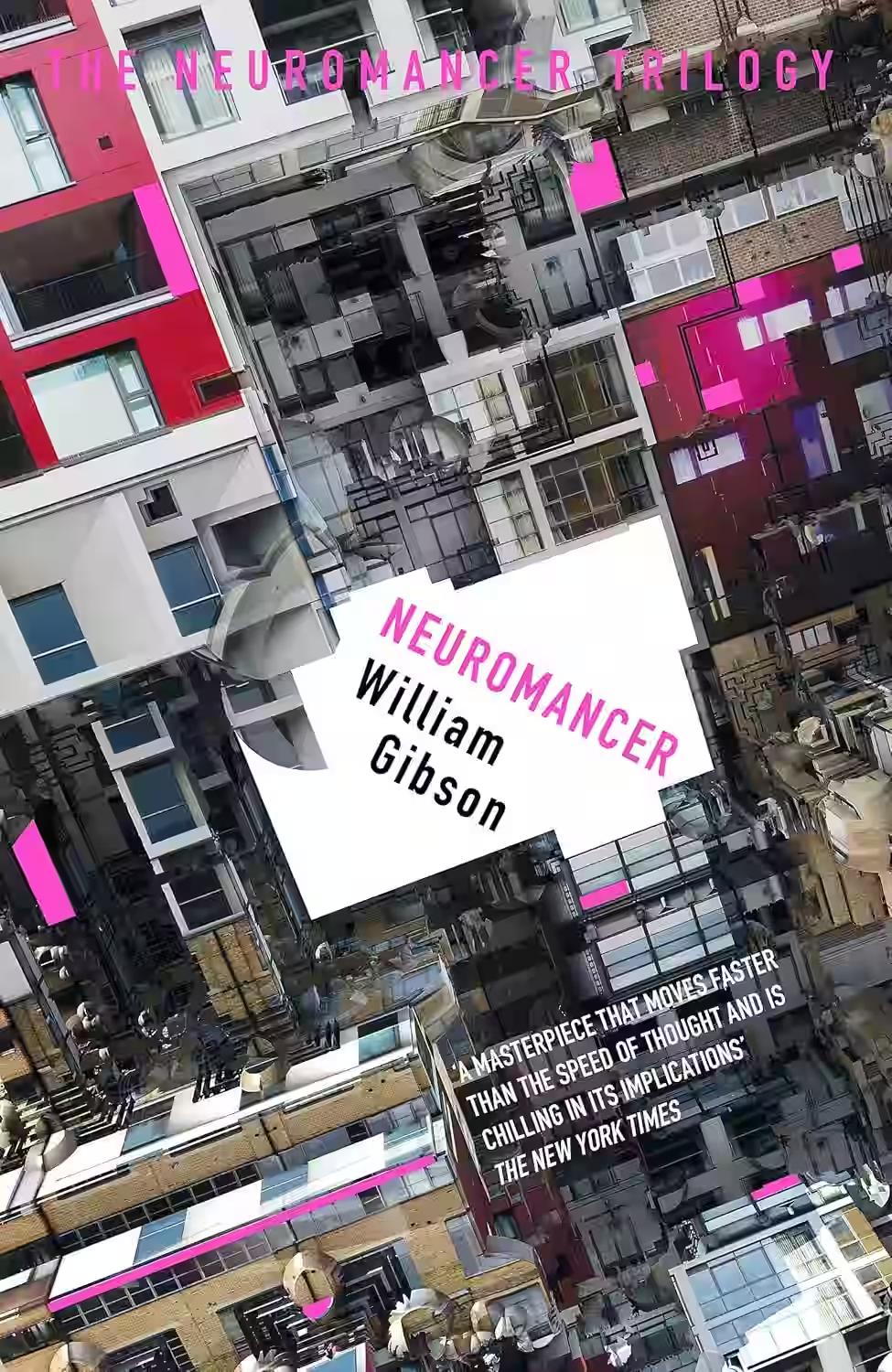
Neuromancer
Series: Sprawl Trilogy (#1)
In William Gibson's 'Neuromancer,' readers are thrust into a dystopian future where cybernetic enhancements and virtual reality reign supreme. The story follows Case, a washed-up computer hacker, who is given a chance at redemption by a mysterious employer. As Case delves deeper into the virtual world, he uncovers a complex web of deceit and power struggles that blur the lines between reality and illusion. Exploring themes of artificial intelligence, corporate greed, and the nature of humanity, 'Neuromancer' is a groundbreaking work of science fiction that set the standard for cyberpunk literature. Gibson's gritty prose and visionary ideas make this a must-read for fans of the genre.
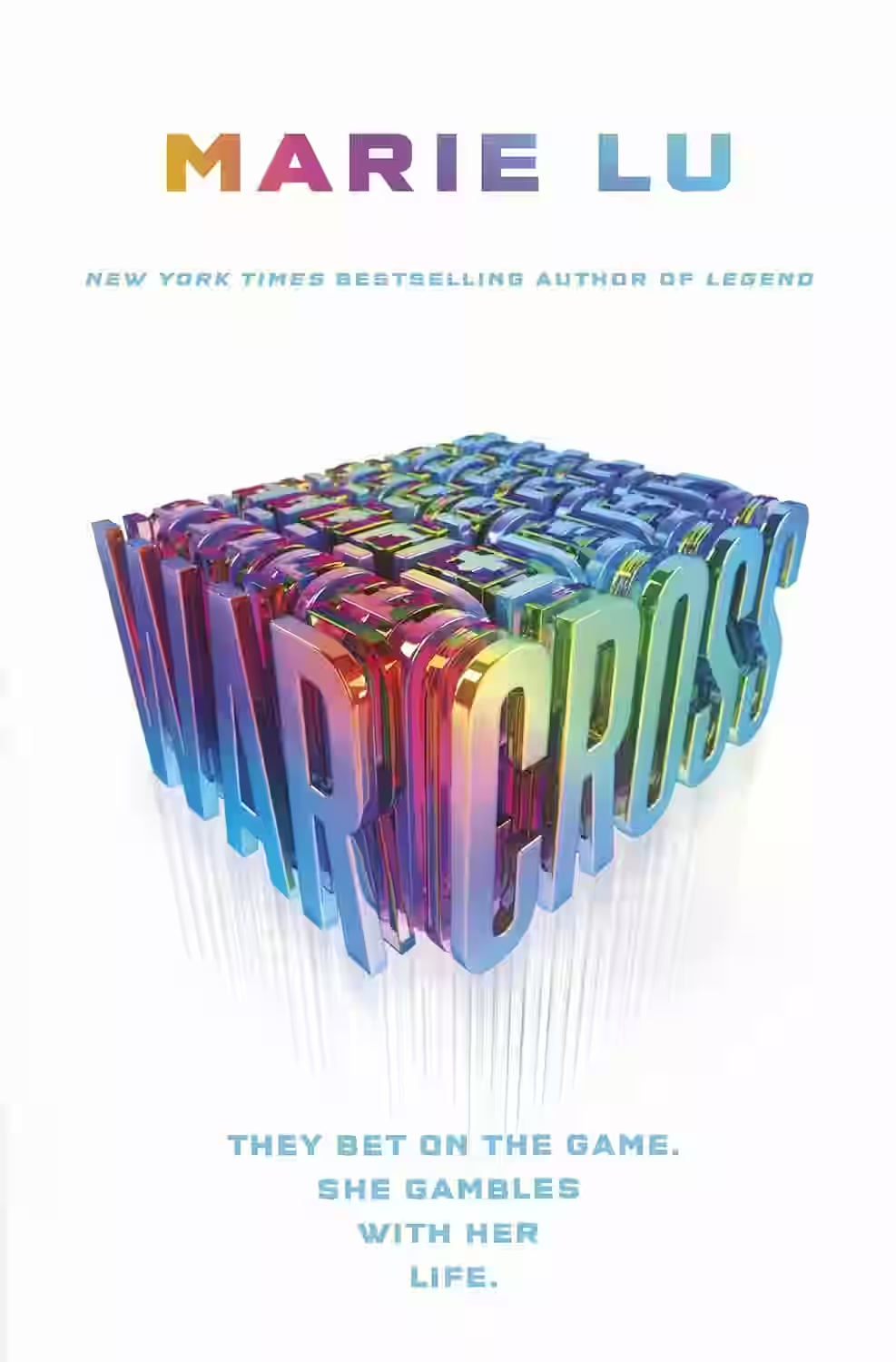
Warcross
by Marie Lu
Series: Warcross (#1)
Warcross by Marie Lu is a thrilling dive into the near-future world where virtual reality seamlessly blends with everyday life. The book follows the journey of Emika Chen, a young hacker and bounty hunter, who inadvertently glitches herself into the highly competitive Warcross Championships. Her actions draw the attention of the enigmatic creator of Warcross, Hideo Tanaka, who draws her into a more dangerous game within the digital realm. The narrative explores themes of reality versus illusion, the ethical dimensions of technology, and the quest for justice in a digitized world. Lu's deft storytelling, combined with a vividly imagined setting, offers readers an exciting exploration of the implications of advanced technology on privacy and identity. The fast-paced plot, complex characters, and underlying social commentary make Warcross a compelling read for both young adults and tech enthusiasts.